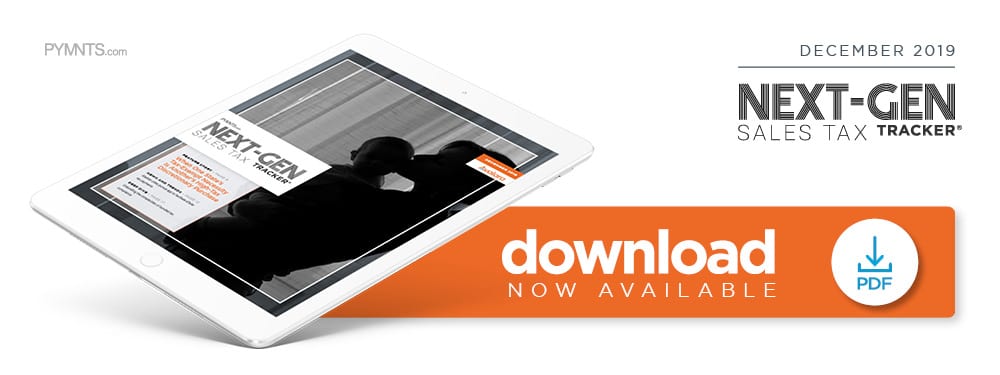Deep Dive: How Not To Lose A Bundle On Bundled Taxes

Merchants frequently package products together into eye-catching bundles, selling everything from laptops with preloaded software to charcuterie gift baskets. Bundling can give customers an array of purchasing options in a compelling way, as well as encourage them to act quickly and make purchases.
Some video game companies seek to curry interest in new systems by offering deals that pair consoles with games for lower prices, rather than buying both separately, for example. This strategy aims to dissuade consumers from waiting until more games are available, and existing prices drop. Such delays in uptake could harm companies seeking to prove their systems’ value, as well as establish buyer bases ready to consume new games.
Merchants’ marketing departments may find bundling useful, but their accountants are less likely to see it positively — determining individual items’ tax obligations in the different states into which they are sold can be challenging, and putting offerings into bundles only magnifies complexities. Sellers’ marketing approaches can complicate this further, as promotional teams frequently change products’ prices as a part of discount campaigns, which can make it harder for accountants to meet states’ standards and reduce their bundled tax liabilities.
This month’s Deep Dive examines bundled products’ tax complexities, as well as the support and strategies merchants use to reduce strain and minimize liabilities.
Unpacking States’ Unbundling Policies
The bundle tax debate kicked into higher gear in the early 1900s, when a New York-based merchant began offering cheese, cutting boards and knives in one package. The state decided that the entire item was subject to taxation, despite the fact that the cheese was the centerpiece of the product and tax-exempt under its policies. Not all states agreed with this decision, but New York’s determination set a precedent, and raised questions for tax officials and sellers alike.
States continue to grapple with how collections of taxable and nontaxable items listed together under a single sales price should be treated. Iowa had to make such decisions around Amazon Prime memberships, deciding in 2017 that the inclusion of video streaming — which is subject to the state’s communications tax law — makes the whole membership package taxable.
Merchants must decide whether including tax-exempt goods in bundles will bring in enough revenue to offset the additional tax costs. They do not run into those challenges in all states, however, meaning they must determine which bundles are worth selling into which locales. Merchants seeking to stay abreast of states’ and cities’ varied tax codes, and more smoothly comply with regulations, often either hire larger accounting teams or turn to third-party tax software and service providers for assistance.
Some jurisdictions argue that including nonexempt products renders the whole package taxable at the rate of the highest-taxed item, but other tax codes provide opportunities for reprieve. Many allow retailers to only pay taxes on the portions of their bundles’ sales prices that refer to taxable items, a process known as “unbundling.” Retailers typically only take this option if they sell the items separately, and can, therefore, show the math behind their billing. Other states permit unbundling for items that are never sold individually, but only if the retailers can demonstrate each item’s individual cost. Different jurisdictions have diverging standards for how sellers can make these calculations, meaning merchants must ensure that their accountants are well versed in the various requirements.
Getting To Convenience
Retailers must carefully strategize to avoid running afoul of tax obligations, overcomplicating their accounting processes or incurring unnecessary costs. Merchants that do not sell a bundle’s components separately will have their work cut out for them when determining individual prices and their appropriate taxes. Such retailers may have to pay taxes on the full price of the bundled items if they cannot calculate these determinations, or provide evidence that meets states’ department of revenue standards.
Retailers can minimize the confusion and hassle they experience from different locales’ bundled sales tax policies by keeping careful records of their items’ price changes, then clearly estimating how to value items not sold separately. They must also inform their marketing teams that changing prices to provide discounts and entice customers imposes accounting challenges. Businesses would, thus, be wise to encourage their accounting and marketing departments to coordinate closely. Such efforts may entail redesigning companies’ ERP and tax systems to quickly respond to any pricing adjustments.
The complexities of remaining tax compliant while selling multiple products within one offering may never entirely go away, but the right strategies and support can help. Merchants must ensure smooth communication across all relevant departments, and leverage careful record-keeping to lower costs and ease administrative headaches. Effective tax management strategies will mean that sellers can continue to greet the holiday shopping sprees with gift baskets, software packages and other compelling bundled offerings.
